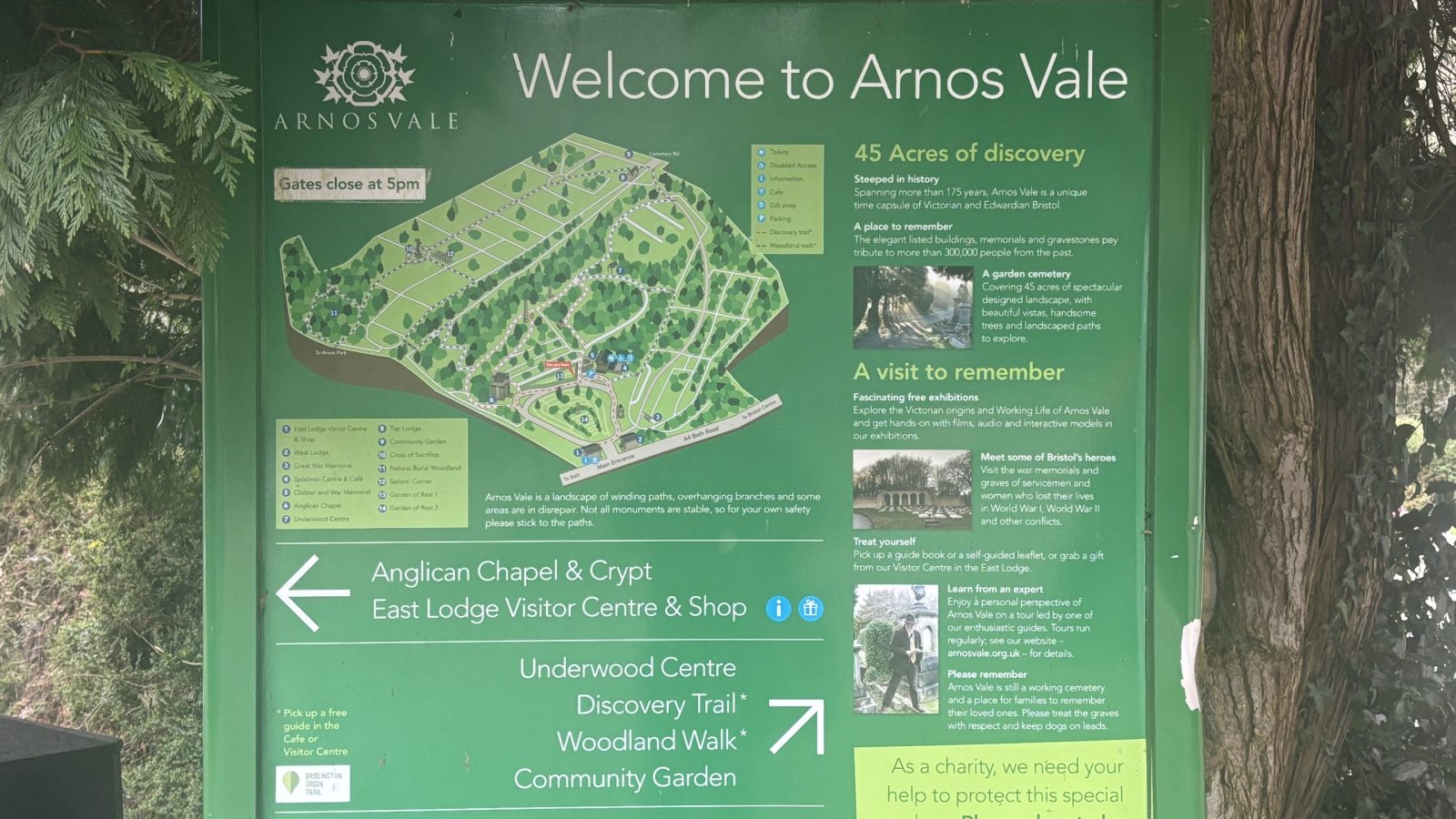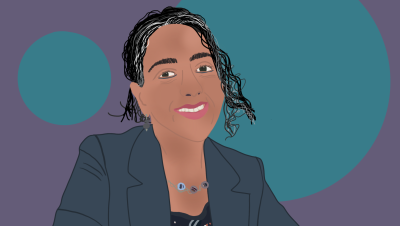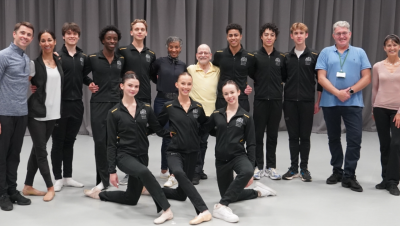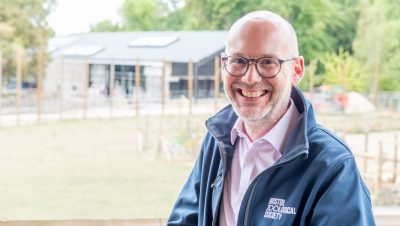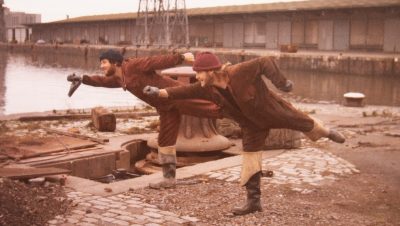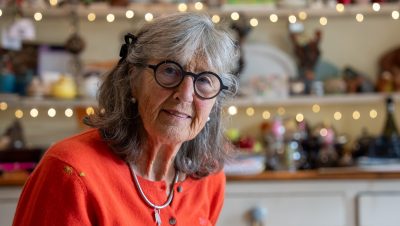Features / death
The death cafes of Bristol
“I think death can be seen as a great gift. Death means we’re not eternal. It means the only certain thing we have is the now,” Silvia Jimenez-Cruz says to me as I sit with her at St Werburgh’s Community Centre.
Silvia, the community services and communications manager at the Centre and a Palestinian-Chilean who moved to Bristol to join her Bristol-raised partner thirteen years ago, is on the cusp of starting a part-time End of Life masters at the University of Glasgow because, as she puts it, she’s “really into death”.
Her interest in the subject started soon after moving to Bristol, when a relative of her husband died and she became surprised at how his family dealt with it.
is needed now More than ever
“In Chile funerals happen really fast,” she says. “But within that time everything stops…you have the body either at a church or a house and you can pay your respects to the family and then everybody comes together.”
After later spending some time as a coordinator for Age UK’s Bristol Aging Better programme, which worked to combat isolation among older people, and striking up a chat with a death doula – “someone you can get in touch with to navigate the process of your future death” – something “just clicked” in her head.
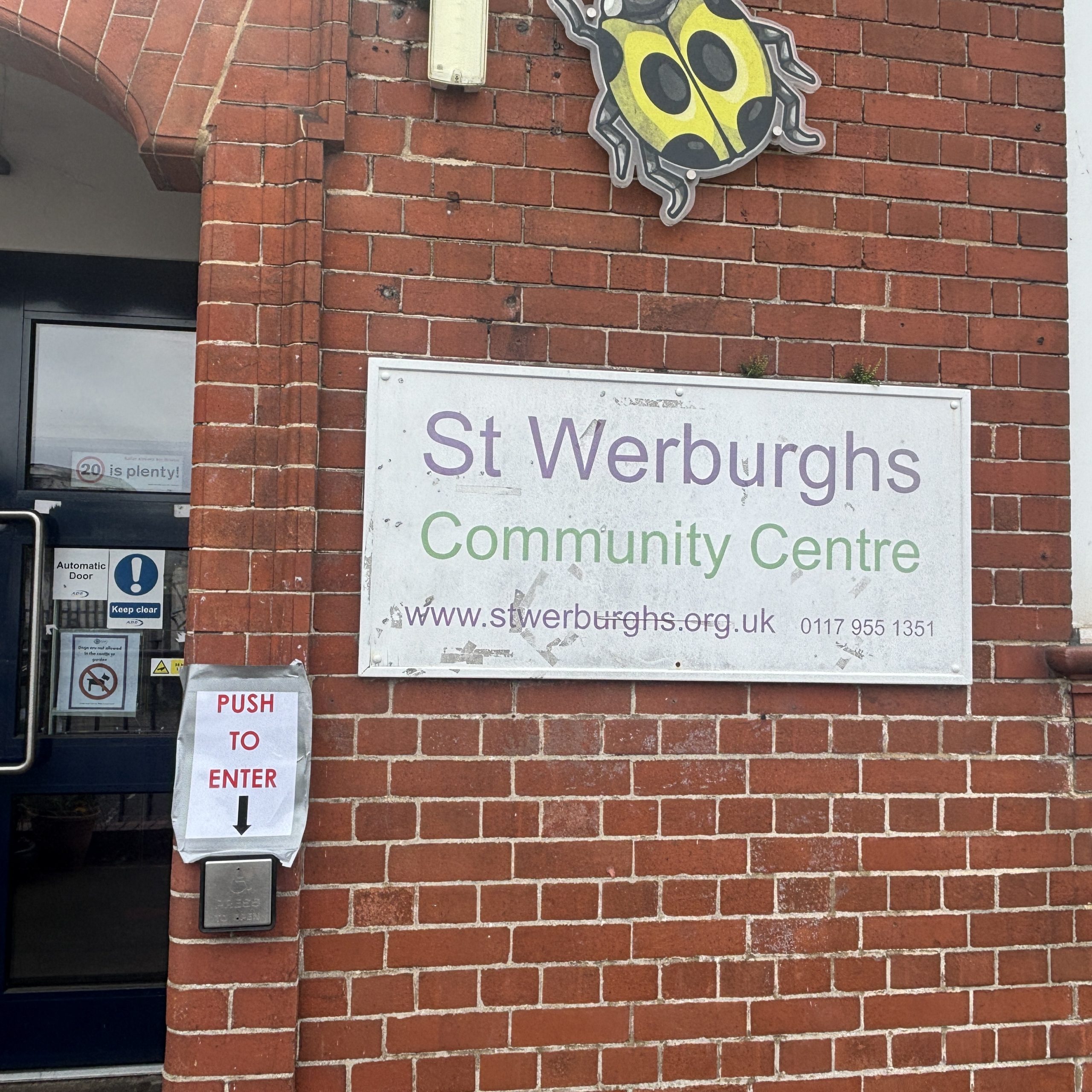
The death cafe at St Werburgh’s Community Centre meets every last Monday of the month
Silvia decided to go to a death cafe to speak more about the subject with likeminded people.
Death cafes originated in 2004 in Switzerland with a sociologist named Bernard Crettaz.
He dubbed them cafe mortels, informal meetings where people would come to chat about death.
Jon Underwood, a council worker living in east London, read about the concept in The Independent and decided to bring death cafes to the UK in 2011.
Although Underwood has now passed away, the website he founded to promote death cafes and list cafes happening all across the world, still holds strong: deathcafe.com.
Now, in 2025, the website’s directory lists over 20,000 death cafes across 93 countries – from Afghanistan to Zimbabwe.
As the death cafe website helpfully explains, all you need to host a cafe is a facilitator, a venue and “people who want to talk about death”.
Perhaps this simplicity is why there are at least five active death cafe groups in Bristol. One in Clifton, one in Southville, one at the Bristol Older People’s Forum, one at Arnos Vale Cemetery and one, run by Silvia, at St Werburgh’s Community Centre.
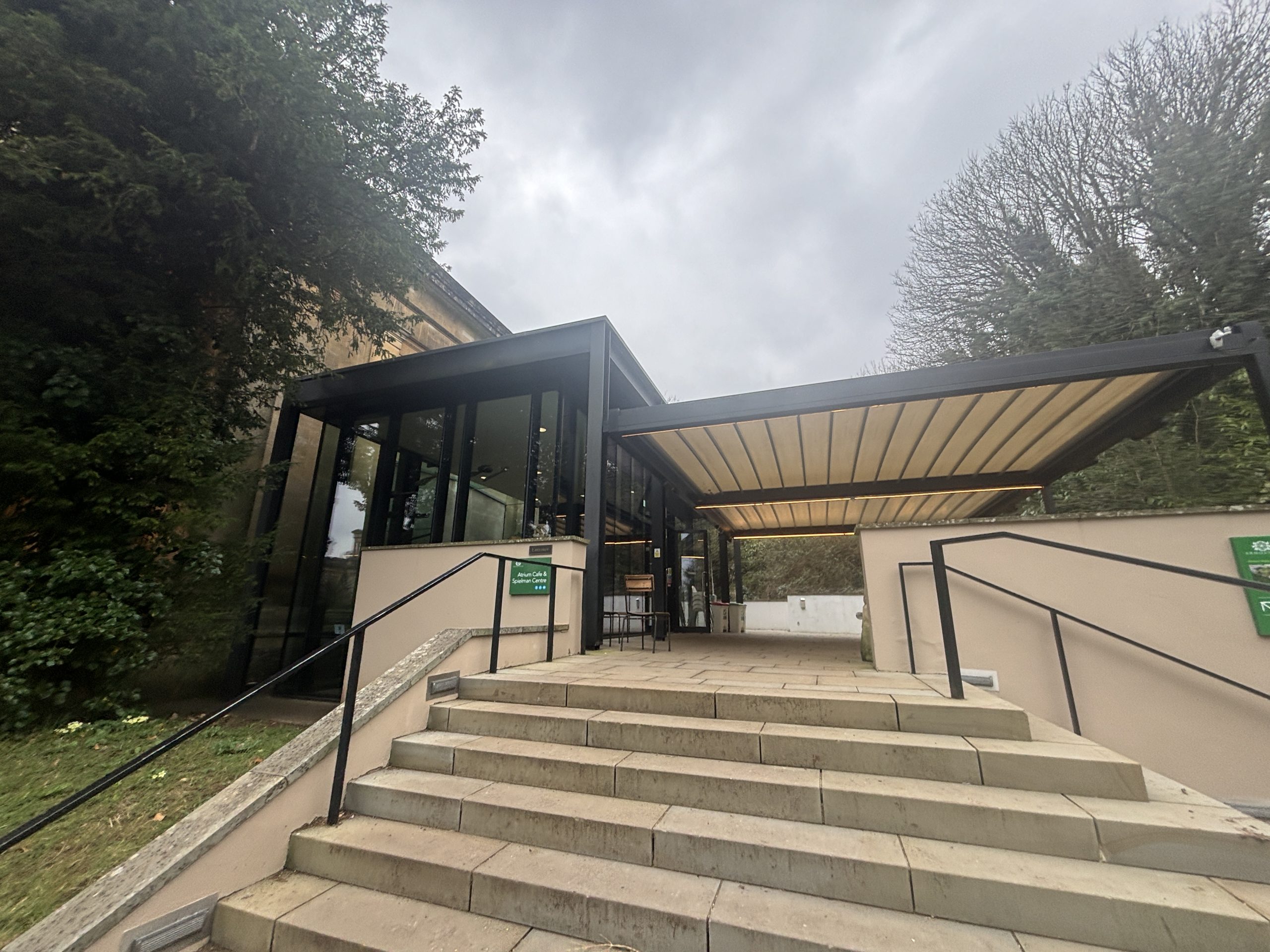
The Arnos Vale group meet at the Cemetery’s Spielman Centre
The Arnos Vale death cafe is the biggest in the city, with up to 35 participants coming to free two-hour monthly meetings at the Cemetery’s Spielman Centre on Sundays.
Mary Tutaev is the current facilitator of the group and when I come along to a meeting she does her best to make everyone feel comfortable, welcoming newbies but also alerting attendees that a journalist is present.
She starts the session by making it clear the objective is to speak about death and dying, all conversations are confidential, people should resist the urge to give advice and that, importantly, this is not a counselling group.
We’re then split off into different tables of five.
On my first table, the topics are wide-ranging and it’s difficult to get a word in between the animated participants. People talk about everything from scams within the funeral industry, where to spread a loved-one’s ashes and whether some types of burial are more eco-friendly than others (have you ever heard of a mushroom shroud?).
Then, after an hour, Mary stops us with a novelty alarm she bought for 50p from the Co-op.
Chocolate and oranges are handed out and we have a quick comfort break before joining new tables.
On my second table, a lot of eyes are on me because they’re aware I’m a journalist and the group often directs me to speak when there’s a lull in conversation.
I speak about my fear of dying before I’ve had a chance to properly live and chime in on a conversation about whether it’s appropriate for people you dislike to attend your funeral.
I was nervous about walking into a cemetery to join this meeting (I prefer to let the dead rest) but, as I leave, I feel lighter and more confident in the space.
When I later attend a death cafe at St Werburgh’s Community Centre, I feel more at ease. Only four people, all women, are in attendance and when there are pauses the group lets them hang as opportunities for peaceful reflection.
We talk about drafting wills, inheriting things you don’t want and how every year our death date passes us by, although we will most likely never be sure of what exact date it actually is.
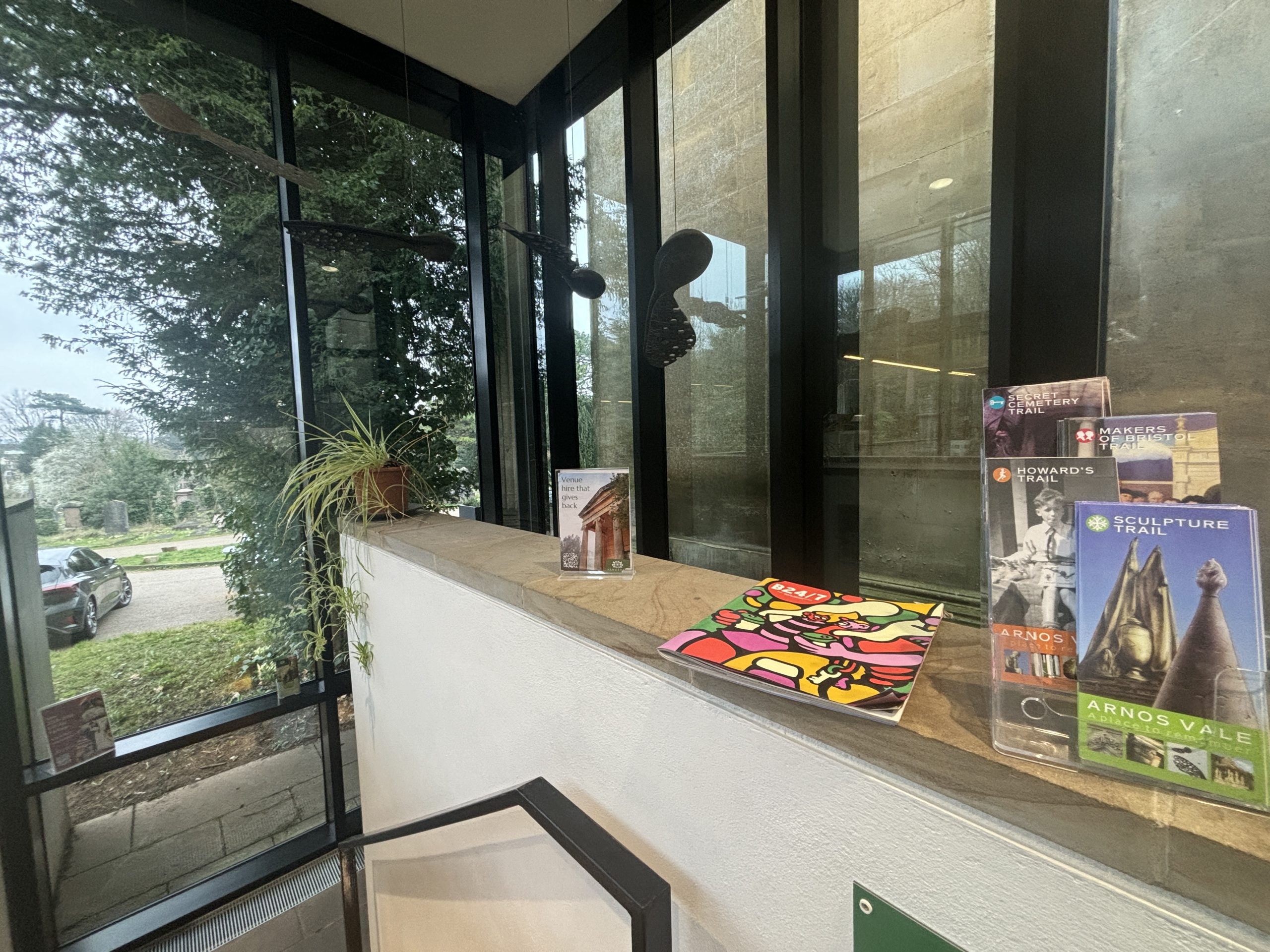
Some visitors at the Spielman Centre were reading copies of Bristol24/7
Mary has been facilitating the Arnos Vale group for a few years, after having worked as a community worker in a former life.
She is also one of the admins on the cafe’s Facebook group, Death Cafe Bristol, which currently has over a thousand members.
Why are many more people connected to the Arnos Vale death cafe online than in-person?
“It would suggest that people are interested, but don’t necessarily want to come to the cafe,” Mary says. “Maybe the day isn’t right for them. If you’re working hard, you may want Sunday off. Maybe people feel nervous about coming.”
The Arnos Vale death cafe also hosts alternate monthly Zoom where people from much further afield often join in too. Mary says: “We had a funny thing last year where these Canadian ladies thought they were signing on for the Bristol death cafe in Canada.”
Still, whether people attend online or in-person, it’s clear the desire to be part of a community is what makes people keep coming back.
Mary says: “Often in modern society we are not comfortable talking about death. If you try and talk about it in a social situation, some people try to shut you down or get worried about your mental health.
“So, people find it easier, ironically, to be with strangers who they don’t have to protect, who they can’t predict, but you presume the reaction is going to be open.”
Both the Arnos Vale death cafe and the St Werburgh’s Community Centre death cafe are always open to new members. The Arnos Vale cafe meets monthly on Sundays and the St Werburgh’s cafe is on the last Monday of every month.
To learn more about the Arnos Vale death cafe, visit their Facebook page: Death Cafe Bristol
All photos: Seun Matiluko
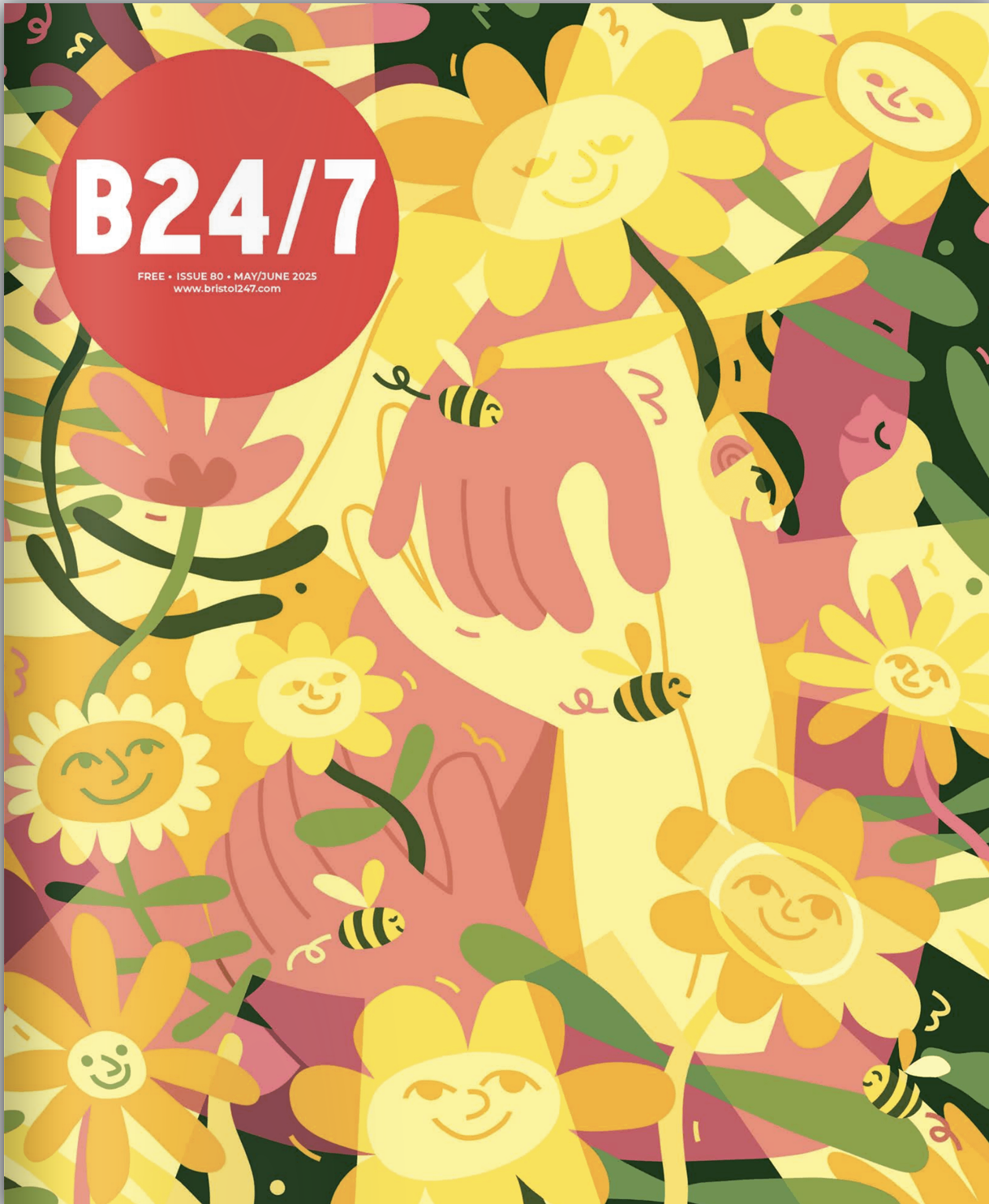
This article is taken from the May/June 2025 Bristol24/7 magazine
Read next:
 Our newsletters emailed directly to you
Our newsletters emailed directly to you